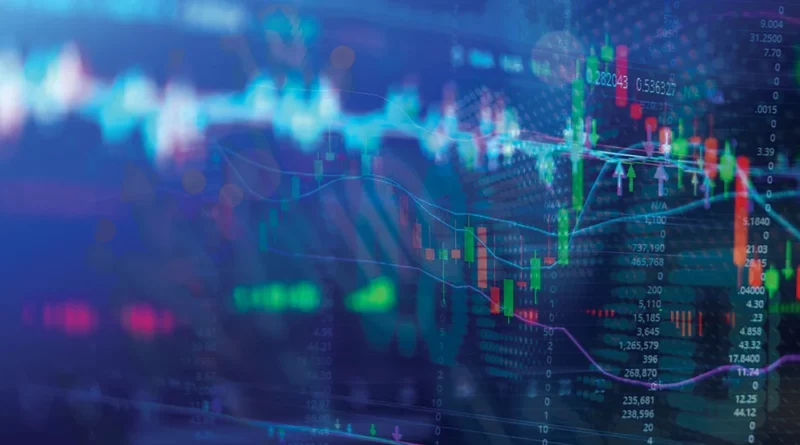Robert Kiyosaki has $1.2 billion in debt and doesn't care
The entrepreneur and author Robert Kiyosaki, known for the best seller «Rich Dad, Poor Dad» which was then followed by a series of other books and even a board game, recently declared that he has a debt of 1.2 billion dollars.
Kiyosaki's book is included in our ranking of the 10 must-read investment books.
Mega-debt does not seem to be a problem for Robert, indeed he spoke about it in positive terms, illustrating for the umpteenth time his vision of the economic world and his business and money management strategy: «…so all money I earn, if I buy something with debt, I'm a billion in debt.
Because if I fail, the bank fails.
It's not my problem,” Kiyosaki said in a Reel recently uploaded to his Instagram.
Kiyosaki, who is also an investor, made this observation while explaining his philosophy on debt.
Revealing why he accumulated so much debt, he highlighted his practice of saving gold and converting his earnings into gold and silver, which he began doing after the U.S.
dollar broke away from the gold standard in 1971 under President Richard Nixon .
He added that unlike most people who buy liabilities using debt, he uses it to buy assets, and gave examples of his luxury cars classifying them as liabilities, rather than assets.
This concept was explored further in a recent podcast in which Kiyosaki delved into his philosophy of debt, classifying it into good and bad.
Kiyosaki attributed his wealth to good debt, citing loans used to acquire income as instrumental to his financial success.
Additionally, he encouraged people to consider debt as leverage, particularly in real estate investing.
Although it is not an approach suitable for everyone, Kiyosaki's lesson makes sense to the extent that it explains the function of finance: anticipating resources to be used to obtain a profit higher than the cost of supplying the resources themselves.
By observing the world around us or our own behavior we will find ourselves seeing how the majority of debt contracted by private individuals is of the "bad" type in Kiyosaki's reference system, i.e.
money borrowed for consumption.
This debt should never be contracted: if you need debt for your consumption, you simply cannot afford that consumption and should refrain from purchasing or move towards something more affordable.
In the long run, the debt incurred for consumption (including the house, if you have to live in it and not use it as an income), will become an odious debt also due to the interest.
If the debt is long you could end up paying the price of your consumption even twice.
The fact is that in the average population financial culture is lacking and people often blame the financial "system" for the wrong reasons: those who see a loan refused are always angry (if the bank refuses it, and it is their business to grant it , there must be a reason) and then you get angry when you have to pay it back and maybe you are in difficulty or are unable to meet the repayments, as if taking out a mortgage or loan had been given to you by someone…
In Kiyosaki's system, which also presents a risk profile and is not a miracle recipe, it seems necessary to implement the asset purchases, the debt must be used for the acquisition of assets that provide "cash flow" and then, pay the installments , the excess cash flow can possibly be used in part for non-returnable purchases, obviously including primary goods and services such as a roof to live under, food and an amount of luxury expenses that is congruent with the available cash flow (any salary included).
Ultimately, before "making money", the basic secret of wealth is knowing how to contain and manage expenses.
Even in Kiyosaki's world the path to wealth is paved with sacrifices.

